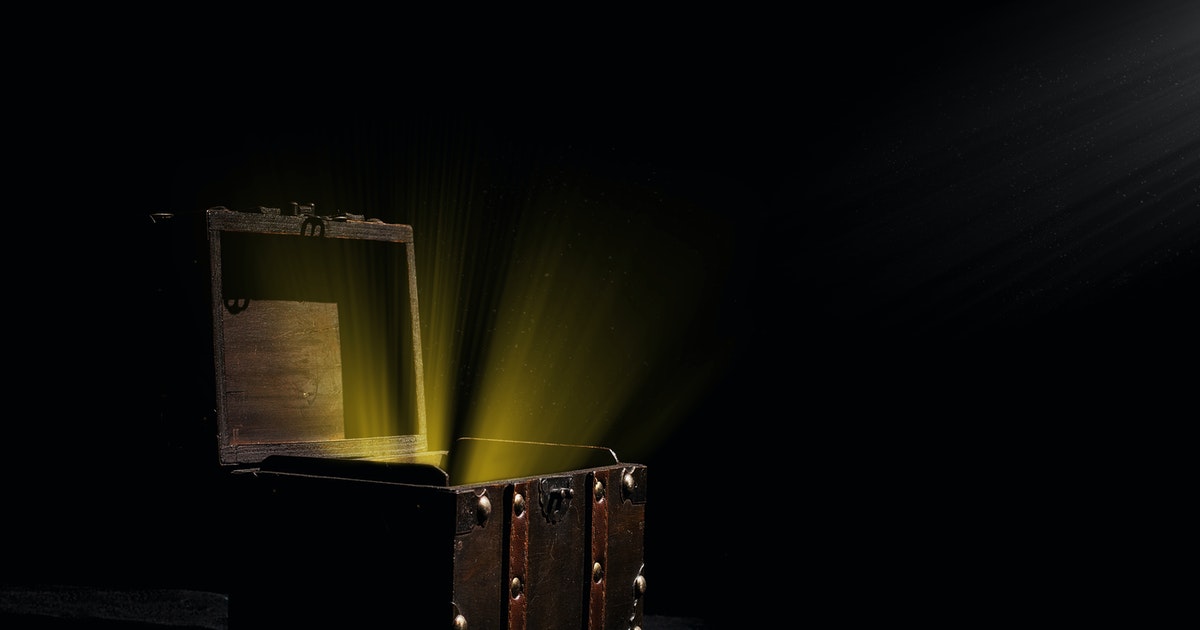
Covetousness is one of the primary ways in which the love of money manifests itself even in the lives of many Christians today.
Whenever we encounter someone who is better off that we are, there covetousness lurks in the shadows of our hearts.
Why is covetousness so dangerous? Let’s lead with the fact that the Bible calls it sin and it should have no place in our lives as Christians. Sin takes many different forms and there are a myriad of ways we disappoint God every day, believers and non-believers alike. However, covetousness gets special mention in the ten commandments.
It’s a big deal!
17 “You shall not covet your neighbor’s house. You shall not covet your neighbor’s wife, or his male, or female servant, his ox or his donkey, or anything that belongs to your neighbor.
Exodus 20:17
If that were not enough, let’s consider the emotional damage covetousness wreaks. There is a deep-seated sort of bitterness that that thrives on covetousness in the human heart. Left unchecked, it can grow like a cancer in the human soul, eventually engulfing its victim in hatred, self-pity, depression and despair.
It is, without doubt, one of the most destructive conditions of the human heart.
Beyond that, there are also very tangible consequences of covetousness. Most people don’t realize how covetousness actually keeps people poor. The only way to bring healing from such circumstances is by living free of covetousness.
Living Free of Covetousness

In my post, the Love of Money at its Ugliest, I shared the story of a village in Southern Africa and how a covetous spirit kept an entire community locked in poverty.
While many first-world citizens are nowhere near as destitute as an impoverished rural community in Sub-Saharan Africa, that does not immunize the average hard-working person from financial struggle.
Sure, problems are different in the first-world but they can include job losses, struggles to find employment, insufficient earnings for day-to-day expenses, crippling debt… the list goes on.
So how does covetousness keep people locked in a place of constant striving and financial struggle?
- It focuses on blaming others instead of taking personal responsibility. Only when we take responsibility for ourselves, can we break free from financial bondage.
- It seeks to undermine another person’s freedom and privilege rather than seeking to expand one’s own. How exactly will another person’s suffering improve our own circumstances? Even if that rich celebrity suddenly loses all his money and his nice car, will that somehow magically give me the ability to make rent?
- It feeds our natural sense of self-entitlement. This means we will forever wait for that living we believe the universe owes us rather than accepting that only we can change our current circumstances.
Instead of resenting the privilege of others, let us rather use their privilege to inspire us. This is the type of love that God’s word demands of us. It will also bring a spiritual and emotional healing within.
And, as an added bonus, living free of covetousness puts us in the right frame of mind to break free of the financial bondage in our own lives and live the lives that God intended for us.

